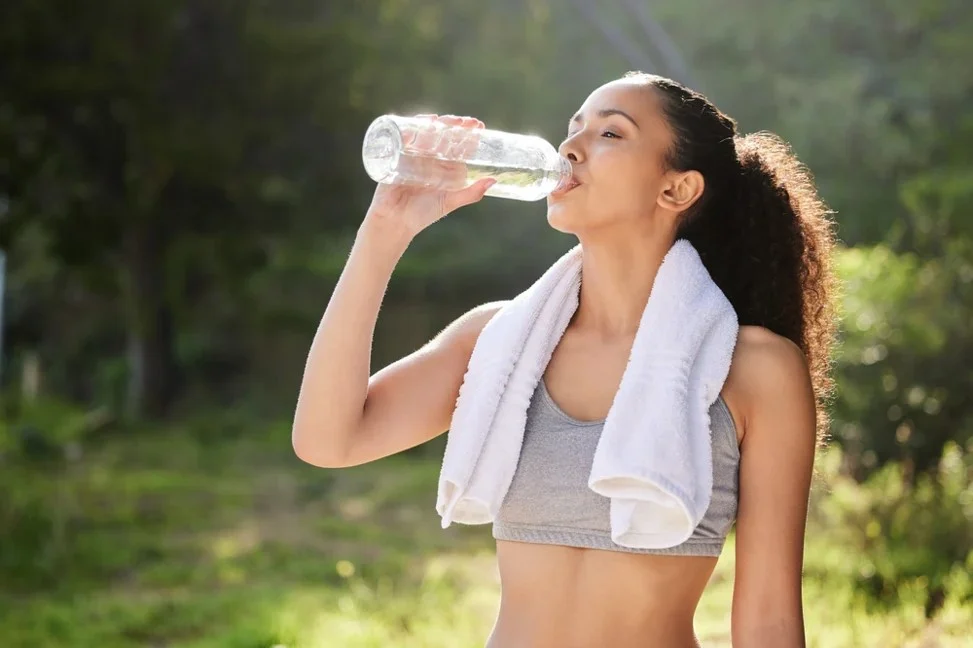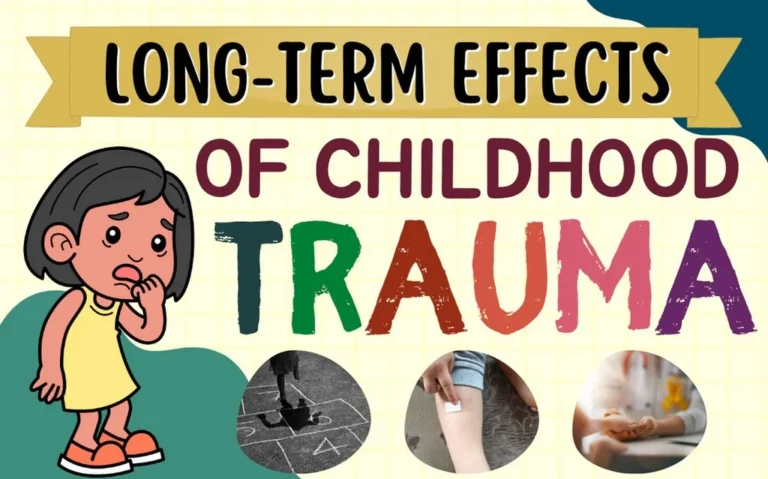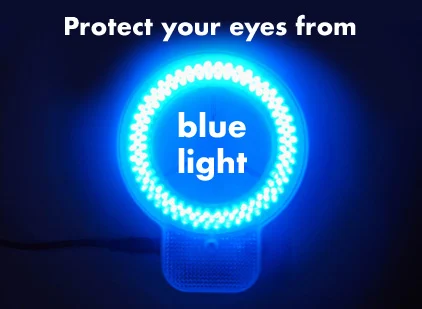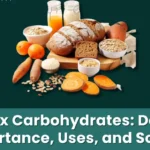Discover how drinking water aids weight loss, the challenges you might face, and actionable solutions to stay hydrated effectively. Learn science-backed tips for success!
Introduction: The Role of Water in Weight Loss
The idea that drinking more water can help you shed pounds isn’t just an old wives’ tale—it’s backed by science. From boosting metabolism to curbing cravings, hydration plays a surprising role in weight management. But how exactly does it work? And what challenges might you face when trying to drink more water? In this article, we’ll explore the science, tackle common hurdles, and provide practical solutions to help you harness the power of water for sustainable weight loss.
How Water Supports Weight Loss: 4 Science-Backed Benefits
1. Boosts Metabolism (Temporarily)
Drinking water can increase your metabolic rate through a process called water-induced thermogenesis. Studies show that consuming 500 ml (17 oz) of water can boost metabolism by 24–30% for about an hour, helping you burn more calories.
2. Suppresses Appetite
Water fills your stomach, signaling fullness to the brain. A 2018 study found that participants who drank water before meals ate fewer calories and lost 44% more weight over 12 weeks compared to those who didn’t.
3. Enhances Workout Performance
Dehydration reduces energy and endurance, making workouts feel harder. Staying hydrated helps you exercise longer and burn more calories.
4. Replaces High-Calorie Drinks
Swapping sugary sodas, juices, or lattes with water cuts hundreds of daily calories. For example, replacing one 150-calorie soda with water daily could save 54,750 calories a year—equivalent to 15 pounds!
Key Challenges of Drinking More Water (and How to Overcome Them)
Challenge 1: Forgetting to Drink Enough Water
Why It Happens: Busy schedules, lack of reminders, or simply not feeling thirsty.
Solutions:
- Set hourly phone reminders or use hydration apps like *WaterMinder*.
- Carry a reusable bottle with volume markers to track intake.
- Pair water with daily habits (e.g., drink a glass after brushing your teeth).
Challenge 2: Disliking the Taste of Plain Water
Why It Happens: Some find water bland compared to flavored beverages.
Solutions:
- Infuse water with fruits (lemon, berries) or herbs (mint, basil).
- Try sparkling water or caffeine-free herbal teas.
- Use electrolyte tablets for a subtle flavor boost.
Challenge 3: Frequent Bathroom Trips
Why It Happens: Your body adjusts to higher water intake initially.
Solutions:
- Sip smaller amounts throughout the day instead of chugging.
- Avoid drinking large quantities 1–2 hours before bedtime.
- Gradually increase intake over weeks to let your bladder adapt.
Challenge 4: Overhydration Risks
Why It Happens: Drinking excessive water can dilute electrolytes (e.g., sodium), causing hyponatremia.
Solutions:
- Aim for 8–10 cups (64–80 oz) daily unless you’re highly active or in hot climates.
- Listen to your body—drink when thirsty, not obsessively.
Practical Tips to Make Water a Weight Loss Ally
- Start Your Day with Water:** Drink a glass upon waking to kickstart metabolism.
- Use the “Half Your Weight” Rule:** Aim for half your body weight (in pounds) in ounces daily (e.g., 150 lbs = 75 oz).
- Eat Water-Rich Foods:** Cucumbers, watermelon, and celery boost hydration.
- Track Your Progress:** Use a journal or app to monitor intake and weight changes.
- Pair Hydration with Healthy Habits:** Drink water before meals and during snacks to avoid overeating.
Myths About Water and Weight Loss
- Myth: “Cold water burns more calories.”
Truth: The calorie difference is negligible (about 5–8 calories per glass).
- Myth: “You need to drink a gallon daily.”
Truth: Needs vary by activity level, climate, and health.
- Myth: “Thirst means you’re already dehydrated.”
Truth: Thirst is an early warning sign—act on it promptly.
Conclusion: Water Is a Tool, Not a Magic Solution
While drinking more water can support weight loss by enhancing metabolism, reducing appetite, and replacing sugary drinks, it’s not a standalone solution. Pair hydration with a balanced diet, regular exercise, and adequate sleep for lasting results. Start small, tackle challenges with the tips above, and remember—every sip counts!
Call to Action: Ready to up your hydration game? Grab a water bottle, set a reminder, and toast to your health! For personalized advice, consult a nutritionist or healthcare provider.








